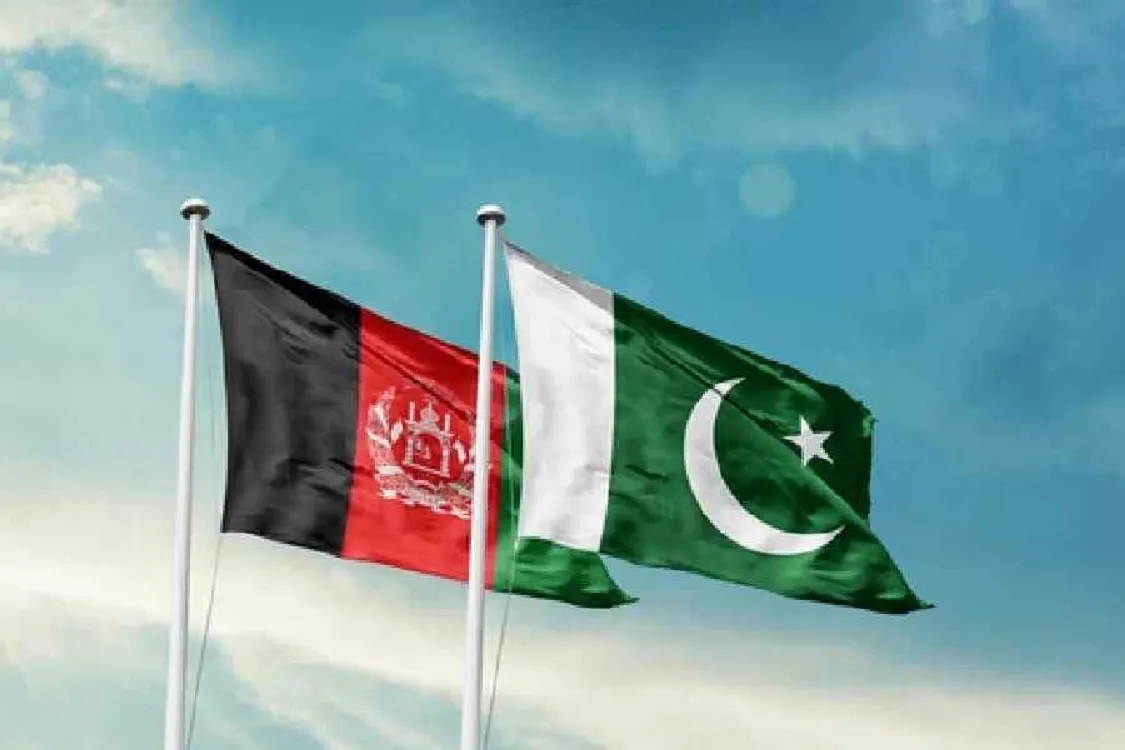


Afghanistan and Pakistan are set to resume high-level peace talks in Istanbul on Thursday after a previous round failed to secure a lasting truce. The negotiations follow deadly clashes last month—the worst violence between the South Asian neighbors since the Taliban's return to power in Kabul in 2021.
The two nations, despite signing a ceasefire in Doha on October 19, are struggling to finalize a long-term agreement. The primary sticking point remains "militant groups hostile to Pakistan operating inside Afghanistan. Pakistan's Defence Minister, Khawaja Asif, stated that Islamabad's "one-point agenda" is to convince the Afghan Taliban administration to "rein in militants attacking Pakistani forces" across the shared border, alleging this is done with the Taliban's knowledge.
The Pakistani delegation is led by the head of its military intelligence wing, Asim Malik. The Afghan delegation is led by intelligence chief Abdul Haq Wasiq, according to Taliban spokesperson Zabihullah Mujahid.
Relations between Pakistan and the Afghan Taliban have sharply deteriorated. Islamabad accuses Kabul of harboring the Pakistani Taliban (TTP), a separate militant group. Kabul denies this, claiming it has no control over the TTP.
The recent escalation in October began after Pakistan conducted airstrikes targeting the head of the Pakistani Taliban in Kabul and other locations. The Afghan Taliban administration retaliated with attacks on Pakistani military posts along the 2,600-km frontier, which remains closed to trade. Clashes have reportedly continued even during the current ceasefire period.
Comment